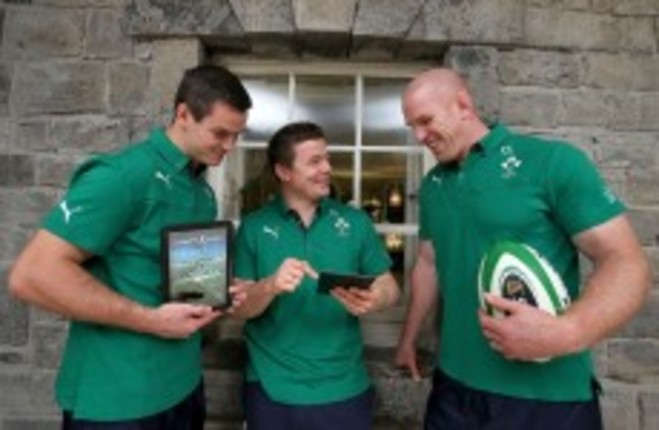1. “On one of his computers, he has nine hard drives, which he uses to store the data that he has amassed. He built it himself, ‘out of components,’ he says vaguely. He starts watching. He fiddles with his monitors. He finds his moments, converts them to GIFs, video snippets and screen capture stills, and feeds them to his colleagues or posts them himself. Since he joined Twitter in 2008, he has written more than 56,650 Twitter posts.”
The New York Times’ Sarah Lyall profiles Deadspin sports editor and internet GIF king, Matt Burke. Well worth a look.
2. “The truth is that those at the top of British football do not care about getting rid of racism, they just don’t want to hear it or see it. As soon as someone like Touré or Danny Rose gets abused in Eastern Europe there is shock and outrage from players, clubs and the authorities, yet no one is speaking about the people living in inner cities like Brixton who, because of their appearance and their background, have become completely disenfranchised from society. Why don’t they care? Because the powers-that-be have enough wealth to not worry about these people.”
John Barnes takes a very interesting perspective on the racism debate in British football.
3. “The response from the Irish public since winning the Grand Slam has been nothing short of phenomenal, but I have to admit it getting used to the recognition didn’t happen overnight.
It was just a week after we had won the Slam and there I was, standing in my local SuperValu, absolutely mortified. A fella had asked me to take a picture with me, and while naturally enough I was happy to do it, I just felt that everyone else was looking on wondering “who’s she?” and I was thinking let’s just take the picture now so I can run!”
Fiona Coughlan on life after Ireland’s Grand Slam for TapandGo.
4. “There was a buzz, an electricity that seemed to take hold of the room. The energy that he radiated seemed to hang everywhere, yet when Lance spoke the space suddenly emptied to leave just you and him. His eyes were like strobe lights, burning through you. He inserted your name into every sentence, paid attention to everything you did, remembered everything that you said. It was hard, as a 23-year-old who had watched him win seven Tour de France, goggle-eyed, not to be impressed or at least intrigued. A couple of nights out in Las Vegas hadn’t suddenly made us close friends and we had no contact until a congratulatory text message after my victory in Milan – San Remo in March 2009. For the next couple of months after this George would tell Lance that I’d bought an expensive watch, or a sports car, and I’d get a text from Lance: ‘Cav! Don’t waste your money on watches! What did I tell you? Save it. Be smart with it.’ In Vegas he never tired of repeating it. Perhaps I was under his spell, but when it came to giving me advice he appeared both genuine and generous.”
This extract from Mark Cavendish‘s new autobiography — serialised in the Telegraph — is one for Armstrong completists. This one on his Team Sky exit might also be of interest to serious coffee drinkers.

